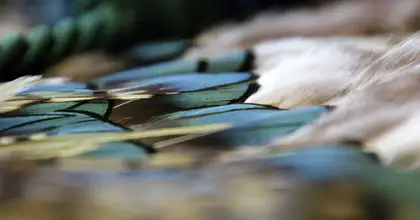
Te Mata o Te Tau - The Academy for Māori Research and Scholarship
Te Mata o Te Tau, the Academy for Māori Research and Scholarship is interdisciplinary and intersectoral and unites Māori scholars from several disciplines, departments, and centres of research. It strengthens links with other academic and research bodies at Massey University, with wider Māori research interests, and with indigenous communities.
Te Au Rangahau Māori Business Centre
Te Au Rangahau Māori Business Centre is based within Te Kura Whai Pakihi (the Massey Business School). The name translates to "a pathway to Māori research in business". The centre aims to advance business and leadership knowledge that benefits the Māori economy.
Te Au Rangahau Māori Business Centre
Te Pūtahi ā Toi – School of Māori Knowledge
Te Pūtahi-a-Toi – School of Māori Knowledge provides an academic focus for Māori cultural, educational, social and economic development. They seek to retain and develop New Zealand's heritage and contribute to the advancement of indigenous peoples.
Te Pūtahi ā Toi, School of Māori Knowledge
Te Pumanawa Hauora – Research Centre for Māori Health and Development
Te Pūmanawa Hauora (TPH) is the Māori Health Research Programme within the Research Centre for Māori Health and Development. Researchers are based on the Manawatū and Wellington campuses.
Te Pumanawa Hauora – Research Centre for Māori Health and Development
Te Ropu Whariki – Whariki Research Group
Te Ropu Whariki – Whariki Research Group, is a multidisciplinary research group working in a Treaty of Waitangi partnership model to produce excellent research with the aim of improving health and wellbeing in Aotearoa, New Zealand and globally.
Te Ropu Whariki – Whariki Research Group
Te Rau Puawai – Māori Mental Health Workforce Development
Te Rau Puawai – Māori Mental Health Workforce Development provides one of country's most successful academic support programmes for those seeking a career or to further their qualifications in the area of Māori mental health.
Te Rau Puawai – Māori mental health workforce development programme
Centre for Indigenous Psychologies
The centre provides an inclusive physical and intellectual space where indigenous psychologies are embraced and developed in ways that can benefit all communities.